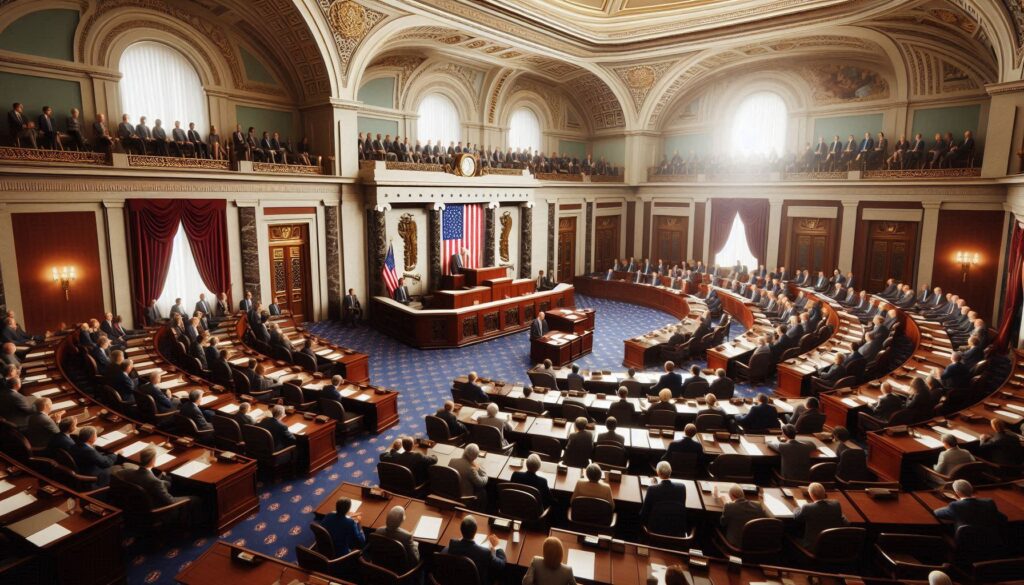Summary: What new allegations have been made against Fenwick & Wеst by FTX Customers?
Plaintiffs claim Fenwick & West knowingly aided the FTX fraud by managing conflicted companies and helping hide billions in stolen funds. Evidence from trials and investigations shows the firm was involved in nearly every part of the fraudulent scheme. This has led to calls for updating the lawsuit to hold them accountable.
Customers of the now-defunct crypto exchange FTX have moved to amend their lawsuit against law firm Fenwick & West, citing new evidence that implicates the firm in the exchange’s collapse.
“Fenwick had actual knowledge of the FTX fraud and provided ‘substantial assistance,’” the plaintiffs’ filing stated. During the criminal trial of former FTX CEO Sam Bankman-Fried and the ongoing bankruptcy investigations, new evidence emerged revealing the law firm’s central involvement in critical elements of the FTX fraud.
Related: Kusama Reveals Details Of New AI Product in Recent Livestream
“Fenwick served as an essential member of the FTX Enterprise, in violation of federal racketeering laws; and Fenwick promoted the sale of ‘unregistered securities’ in violation of the Florida and California Laws,” the filing further stated.
Furthermore, FTX customers alleged that the law firm knowingly established, managed, and represented conflicted entities, including FTX’s sister trading firm Alameda Research and its subsidiary North Dimension, deliberately lacking safeguards tо prevent the misappropriation of billions of dollars.
The filing further revealed that the court-appointed FTX Independent Examiner analyzed over 200,000 internal documents sourced from both FTX’s database and Fenwick & West, concluding that Fenwick was closely involved in nearly all facets of the FTX Group’s fraudulent activities and misconduct.
This update follows recent opposition from Chinese FTX creditor Weiwei Ji, who formally challenged a motion by the FTX Estate seeking to suspend payouts to residents in regions with legal or regulatory restrictions on cryptocurrency transactions.
Related: Shiba Inu Secures Victory on CoinGecko with New Page Updаte
Ji indicated that the objection was filed both in a personal capacity аnd as the founder and representative of a growing coalition of over 300 Chinese FTX customers.
The Chinese FTX creditor contested the Estate’s motion, arguing it lacks merit since all settlements are made in U.S. dollars, the legally recognized currency for repayments. Furthermore, Ji asserted that cryptocurrency distributions are not prohibited in China, where digital assets are officially classified as “personal property.”
The outcome of these proсeedings could significantly impact the recovery process for FTX customers and set important legal precedents for accountability within the cryptocurrency industry.
This case may also prompt greater scrutiny of the roles played by professional service firms in supporting or enabling complex financial operations, ultimately influencing how future crypto ventures are managed and regulated.












